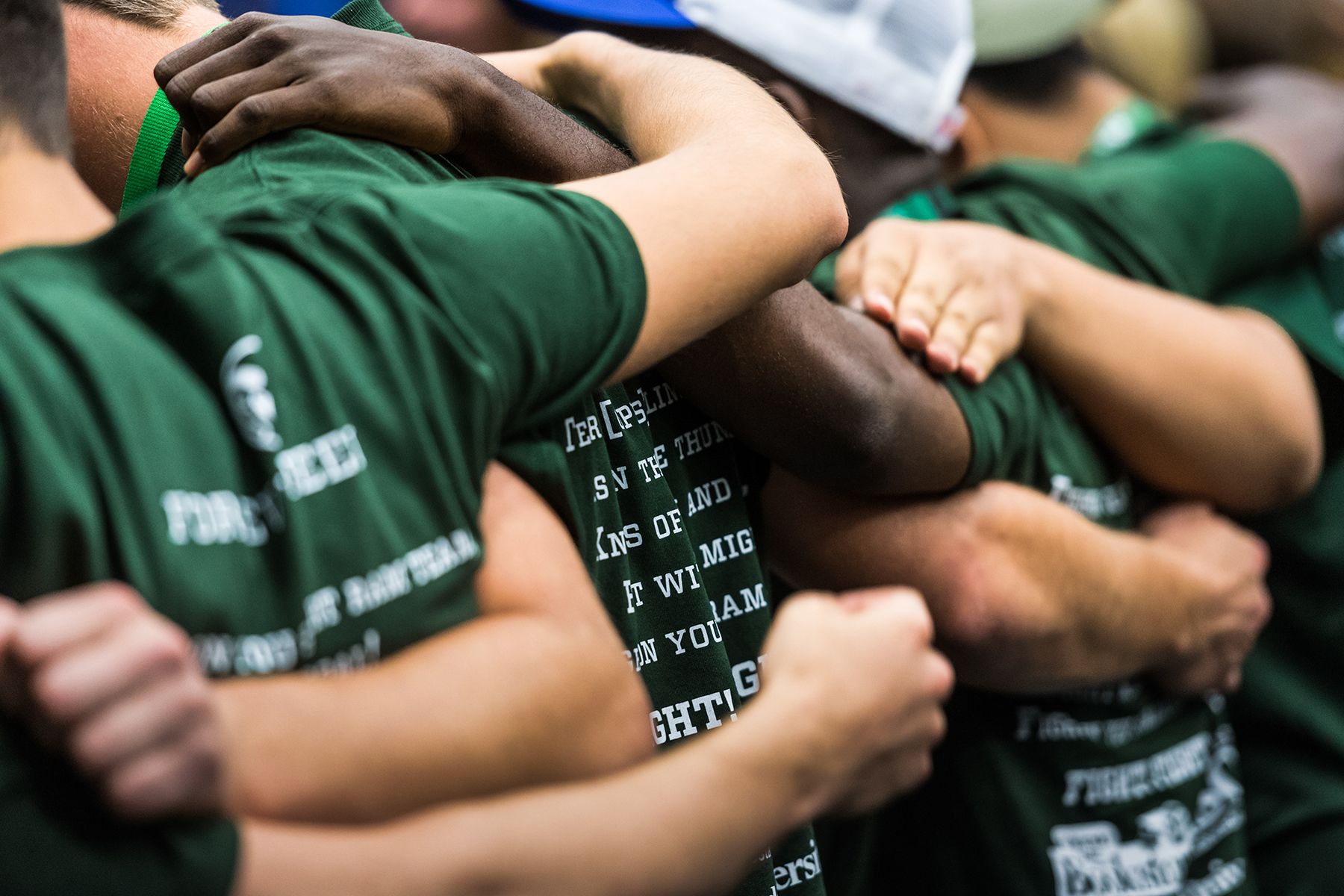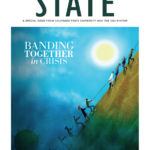Photo: John Eisele / Colorado State University
We’ve all found our coping strategies put to the test during the first difficult months of 2020, when a global pandemic has turned our daily lives – and the life of our university – upside down. I have been incredibly proud of the fortitude our students, faculty, and staff have shown, even as they had to leave our beautiful campus (just when trees on the Oval were turning green again!) to learn, teach, and work from home.
Given the challenges COVID-19 has created, Gloria Gaynor’s ballad of strength and determination was already my soundtrack to this year. Then, yet another wave of racist violence perpetrated against Black Americans exploded our national dialogue. Now, the phrase “We will survive” feels even more urgent for our community and for communities across the country.
At the same time, I challenge us all to set a goal beyond mere survival. I challenge Colorado State University to fulfill our access mission and to be a place where everyone feels welcomed and valued. I challenge us to thrive, both as we recover from the pandemic and as a community that is avowedly anti-racist. In this moment, voices across the nation make it clear: Diversity and inclusion are not enough. It is time for more, for equity and justice, which demand action instead of words.
Our university has a tradition of not only surviving adversity, but also thriving in the face of it. That’s what we’ve done, as a university and on behalf of our state, during the COVID-19 pandemic. For instance, our important research continued after a brief pause to implement critical new safety protocols; this was unlike many institutions, even peers with significant research enterprises. Many CSU researchers with relevant expertise have focused on projects targeting COVID-19, research that will help fight infectious disease even after the ravages of this novel coronavirus are quelled.

Nor did we turn our backs on Colorado, even as we had to rethink how our CSU Engagement and Extension professionals interacted with their partners. And because our students are always our priority, we went to extraordinary lengths to help them survive the end of the spring semester, including reaching out personally to hundreds of students to support their online learning.
After successfully addressing the immediate impacts of the pandemic, we turned to preparations for recovery. Our continuing focus has been on assuring the health of our faculty, staff, and students, while also working to maintain the financial stability of the university itself.
Just a few months ago, with budget cuts for the coming fiscal year a certainty and no clear end to the pandemic in sight, we knew continuity of operations and the reopening of CSU’s campus in August would require significant planning to work through unprecedented challenges. Our intense and inclusive recovery process has been built around a set of working groups that tap the wisdom and expertise of administrators, faculty, and staff. Working virtually and under difficult conditions, their commitment has been amazing; these groups have at times met literally around the clock to sort through multiple scenarios and to reach their recommendations.
Our campus team has worked in close collaboration with the CSU System office, relying on the best data and information available. The results leave us feeling more optimistic than we initially feared, with deep budget cuts avoided through flexible, multilayered strategies and targeted tactics.
As a result, our Fall 2020 semester, with classes starting Aug. 24, will take place in person and on campus as much as public health guidelines will allow. We are putting in place a comprehensive framework that will position new and returning students to do more than survive. We want to help them thrive. This framework is grounded in our commitment to our students’ health, both mental and physical; to equity; to access; and to student success.
In logistical terms, this means things such as large lecture courses will be held virtually, while smaller courses, freshman courses, and laboratories will take place in person. Our overarching vision for fall semester, though, is not driven by logistics. It’s a vision that reaffirms CSU’s commitment to offer all our students access to a world-class educational experience from our dynamic faculty, while also showing them that doing things differently – even out of necessity – can be exciting and can produce tremendous results.
Our fall semester necessarily will look different than previous semesters in Fort Collins because of the COVID-19 pandemic. We are also determined to make this and all future semesters feel different, as we promote and ensure equity and justice, and condemn and eradicate racism, bias, and hate in our campus community.
We know challenges remain. But one thing is absolutely certain: We are not fulfilling our mission as a land-grant institution if any of our students graduate saying, “I survived CSU.” My vision is for all our students to have a positive experience at this extraordinary university and in this wonderful community; an experience in which they don’t just earn their degrees, but leave campus saying, “I thrived at CSU.”
Joyce McConnell, J.D., is the first woman and 15th president to lead Colorado State University, flagship of the CSU System and the state’s land-grant university. Founded in 1870, CSU is marking its 150th anniversary. Before joining CSU in Summer 2019, McConnell was provost at West Virginia University; she was earlier dean of the WVU College of Law.





